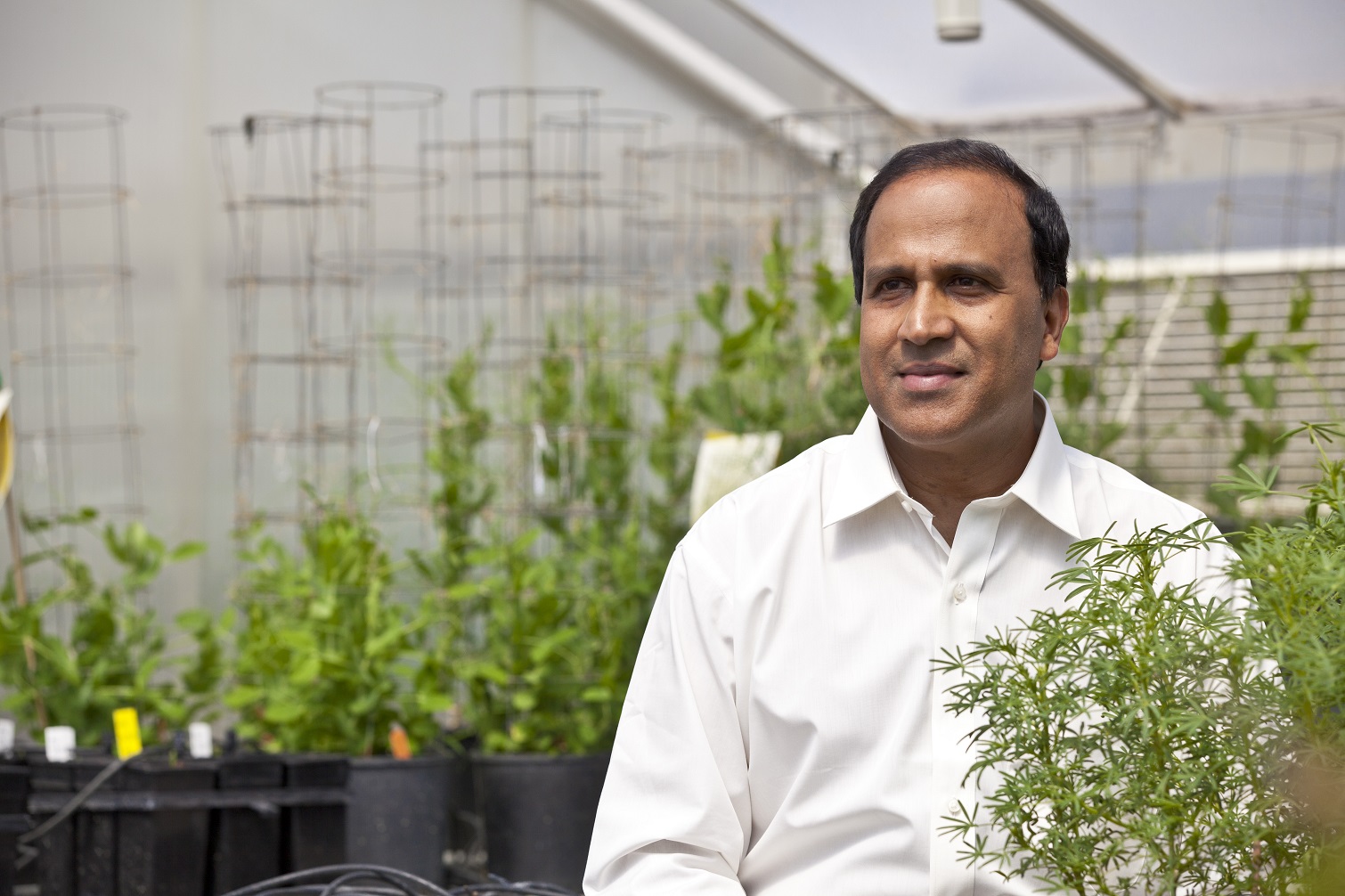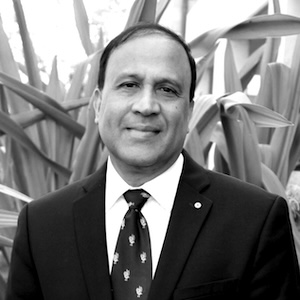Sustainable agriculture: doing more with less
Professor Kadambot Siddique AM FTSE has been committed to agricultural research, research training, technology exchange and management for more than 35 years.
Professor Kadambot Siddique AM FTSE has been committed to agricultural research, research training, technology exchange and management for more than 35 years.
Professor Siddique is recognised globally for his outstanding contributions to agricultural domains. His crop adaptation, physiology, genetics, agronomy and farming research have boosted cereal and grain legume production in dryland environments. His numerous publications, fellowships and awards, including several highly cited papers, reflect his research excellence. Professor Siddique is a highly cited researcher in two categories in 2021 (Agricultural Sciences; Plant and Animal Science).
Professor Siddique aims to solve real problems through meticulous scientific research methodology, collaboration, and postgraduate training directly relevant to national and international researchers, producers, and communities.

Most recently, Professor Siddique was part of an international team that implemented a new technology with the potential to create more sustainable agriculture practices.
Crop fields are often left covered in straw as a waste product of harvesting practices and sometimes burned leading to environmental pollution. Professor Siddique wanted to incorporate this by-product back into the fields so it could contribute to soil health and fertility, and improve sustainable agricultural production and practices.
Professor Siddique and the team of international researchers determined that administering a new process called ammoniated straw incorporation (ASI) treatment to the straw, significantly improved wheat crop production and soil fertility.
ASI adds ammonia to straw which degrades key structural materials, increasing nutrient absorption and making it easier for soil microbes to break it down.

When compared to traditional treatment methods, this breakthrough process demonstrated increases in soil water storage, grain yield and yield stability.
The treatment increased wheat yield by 10 per cent and yield stability by 20 per cent, meaning more food can be produced while using less land and resources.
Professor Siddique said the treatment was a very promising option for targeting sustainable agriculture. This is particularly true in Australia’s dryland cropping regions where soil health and fertility are critical for successful food production.
Organic matter in the soil is important for sustainability of production. This technique will improve soil organic carbon and soil nitrogen so that we can reduce the application of chemical nitrogen fertilizers.
Soil organic carbon and soil total nitrogen indicate good soil health and productivity, resulting in a larger yield.
These improvements to sustainable agriculture are needed more than ever. Increased sustainability offers longer term food production that also feeds more people.
“If good practices are not followed, soil and other environmental factors will worsen, affecting food production. This resulting decline in food production will lead to food shortages and rising food prices,” Professor Siddique said.
This new treatment shows great promise for creating a greater volume of better crop. Professor Siddique said that this breakthrough opens the door for future research opportunities.
The next step in the process will involve putting the method into practice on a much larger scale. Professor Siddique hopes to test the technology widely with farmers in a range of different fields, including in Australian dryland agricultural systems.
